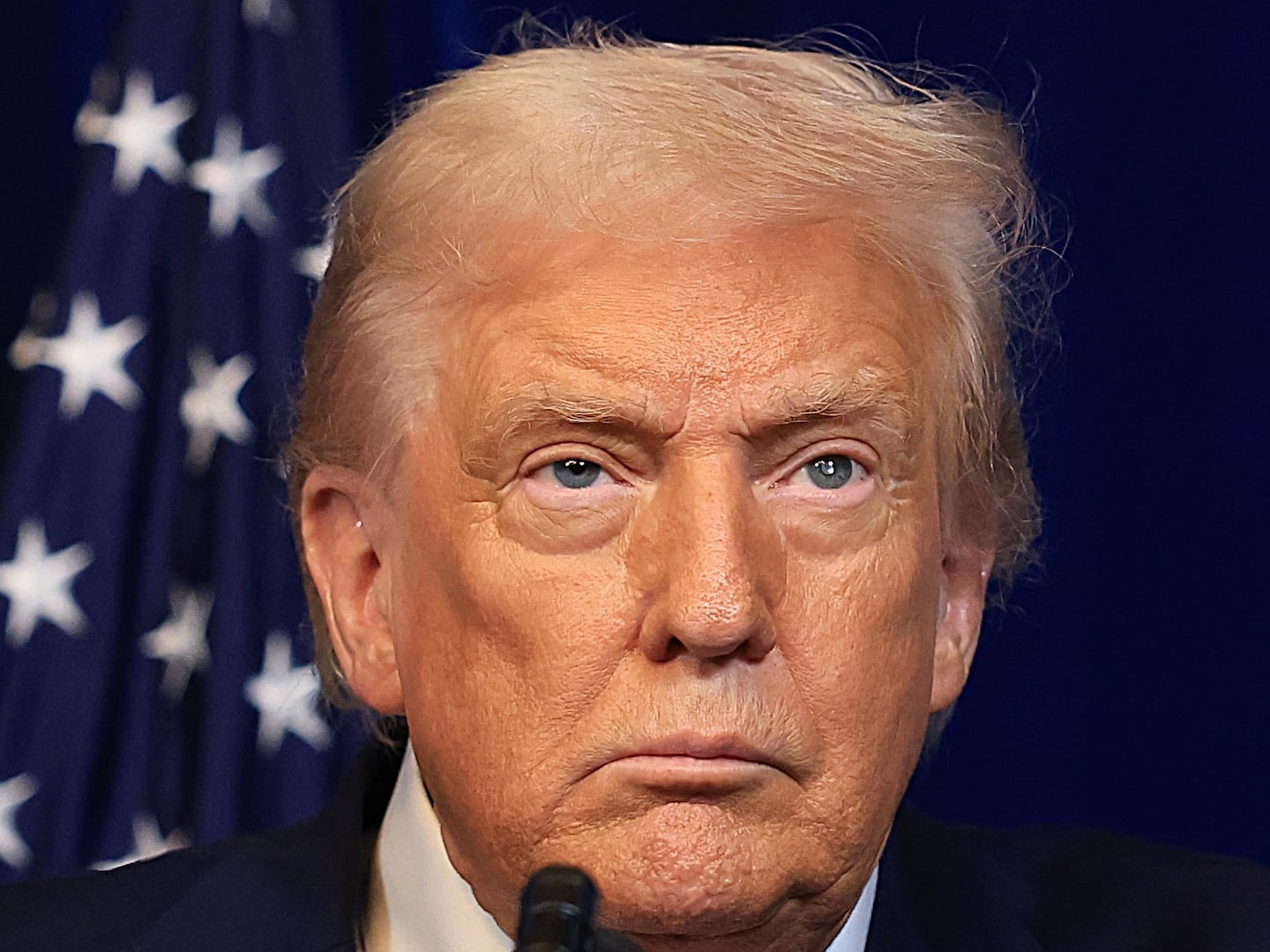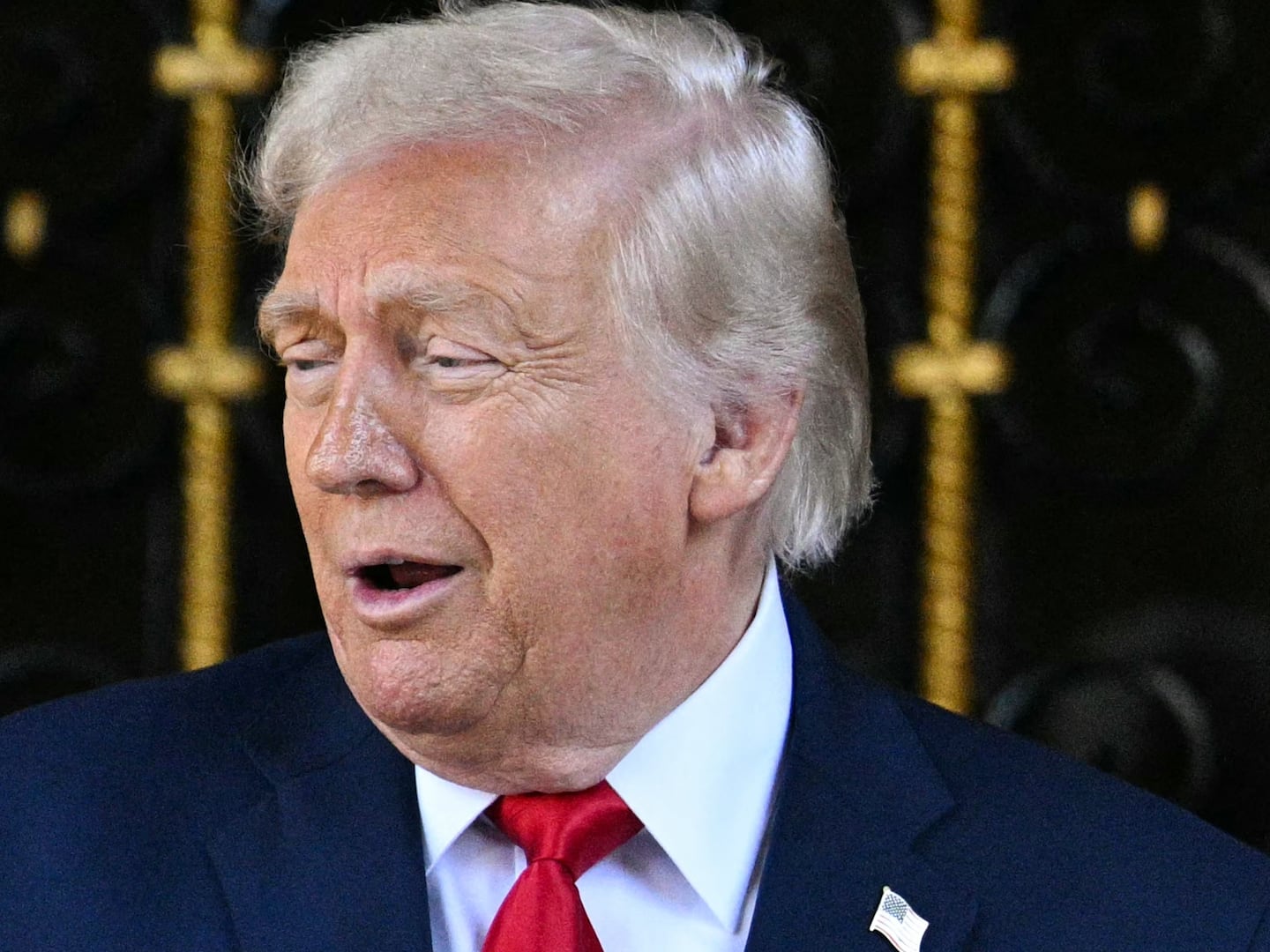Dictators of the world, rejoice: If Ted Cruz is president, he won’t be coming after you.
In the Cruz administration, the United States would work with dictators when fighting Islamic extremism, even at the expense of the higher goal of promoting democracy around the world, the Texas Republican said in a landmark national security speech.
It’s a position that is an implicit contrast with both Republican opponent Sen. Marco Rubio and likely Democratic nominee Hillary Clinton, both of whom have indicated more interventionist policies.
Cruz’s positions are also a substantial change from the neoconservative foreign policy views that have dominated the Republican Party since 9/11 and remain a substantial force in the GOP. It’s also a departure from a mainstream consensus among leading national security thinkers in both parties: For many years it has been the policy of the United States to depose dictators wherever possible.
Now, Cruz is hoping to bring America back to an era of realpolitik, where stability is prized over liberation—for whatever its merits, it puts Cruz in the same lane of foreign policy thinking as Vladimir Putin or Donald Trump or Bernie Sanders.
“We will not win by replacing dictators, as unpleasant as they may be, with terrorists who want to kill us… we are not abandoning freedom, we are doing what we must to protect it, because the true threat to the spread of liberty is the radical Islamism that is every bit as oppressive as Soviet communism,” Cruz said Thursday at the Heritage Foundation, a conservative think tank.
Cruz pre-emptively parried criticism from those factions in the Republican Party by citing Reagan, as he has so often during this presidential campaign. The senator drew particular attention to an article called “Dictators and Double Standards,” by Jeane Kirkpatrick, who served as a top foreign policy adviser to Reagan and later served as the U.S. ambassador to the United Nations.
Kirkpatrick was a “remarkable intellect and diplomat” who believed that should not democratize governments, anytime, anywhere, under any circumstances, Cruz said.
Reagan understood that “established liberal democracies were not the only valuable allies for America. They are rather the best ones, and are to prioritized, celebrated and fiercely protected. But if we refuse to work with countries that do not meet our democratic standards… we risk fundamentally undermining [our] goals and so too our national security,” Cruz said.
If Ted Cruz is chosen as the nominee for the Republican Party, it will be a departure from the previous decade of a Republican foreign policy consensus. He dismissed the threat of the “occasional dime-store dictator” as paling in comparison to the current threat from Islamic extremism, and said that democracy promotion was merely “a highly desirable ideal,” rather than a prime directive.
“Would it be nice if the progress of liberal democracy was an inevitable linear evolution in human affairs? And that freedom, once achieved, would be a permanent state of affairs? Indeed it would, but even a cursory glance of the history of human democracy… reveals this is far from the case,” Cruz argued.
One of Cruz's core examples was that of the 2011 NATO intervention in Libya, which both Clinton and Rubio supported. The effort to oust dictator Muammar Gaddafi was a “disaster,” Cruz said, because once he was ousted he was replaced by a failed state in which the actors were even more hostile to American interests.
Cruz has hinted at his worldview before. On the issue of Syria, where a civil war has killed close to a quarter-million people and displaced millions more, Cruz has argued intervention could lead to even worse consequences. And so he did again Thursday.
Assad “is a bad guy, who has been an ally to and at times a puppet of Iran and an enemy to the United States and Israel… [but] for as bad as Assad was and is, radical jihadis controlling Syria would be a significant turn for the worse. Nothing that has happened in the past two and a half years has given me any more confidence that intervention in the Syrian civil war is in America's interest,” Cruz said.
Ultimately, Cruz is positioning himself as a distinct voice among both parties—by arguing that foreign intervention for the purposes of boosting democracies has been a flawed approach.
“In order to preserve and strengthen the United States, we cannot treat democracy promotion as an absolute directive, but rather as a highly desirable ideal, one that can be reached most effectively through the promotion of the security and interest of the United States,” Cruz said.





